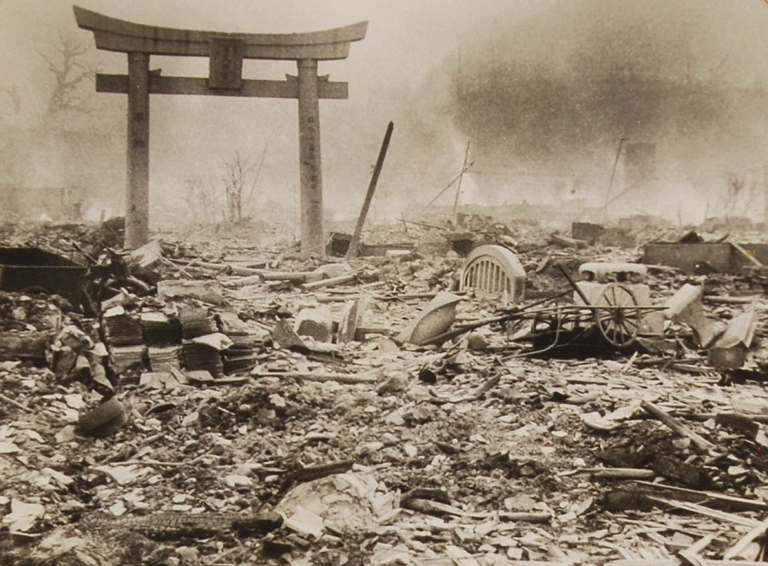
The past happened. History is not “the past.” History is what we say about the past. So history changes as we say different things. That doesn’t mean “anything goes.” About some events and causes, such as why eleven states left the U.S. to form the Confederacy, we have conclusive evidence (unless you want to claim that the Confederate leaders all lied when they explained why they seceded). About some other events and causes, we are still collecting evidence and developing plausible interpretations.
Here are some items showing continuing controversy.
- How and When Did People First Reach the Americas? (See Chapter 6 of Teaching What Really Happened)
- “The Vietnam War Revisioned by Those Who Opposed It”
- “The Pentagon’s Commemorating the Vietnam War. So Should We.”
- “‘Confronting’ Mitch Daniels at Purdue”
- “George Zimmerman, Trayvon Martin, and Me”
- “Going Postal History”
- “Lincoln’s Second Inaugural on Its 150th Birthday”
- “Howard Zinn gets some things about Lincoln and the Civil War Wrong. So does Lerone Bennett.”
- “Famed Historian James Loewen on Facts in the Age of Trump”
- In this interview Loewen points to “causation” as the key idea we need to learn from history, making it relevant to the present.
- This never-published essay stakes out a “liberal” position and draws a crucial distinction between nationalism and patriotism.
Loewen claims historical profession has not handled the issues of "truth" and "controversy" effectively. Read his critique in the preface to the newest edition of Lies My Teacher Told Me, here:
“In two ways the web has made things worse. First, it has jeopardized the finances of newspapers. When retailers found they could reach potential customers more cheaply online, many decreased advertising in newspapers.”
Read more here.